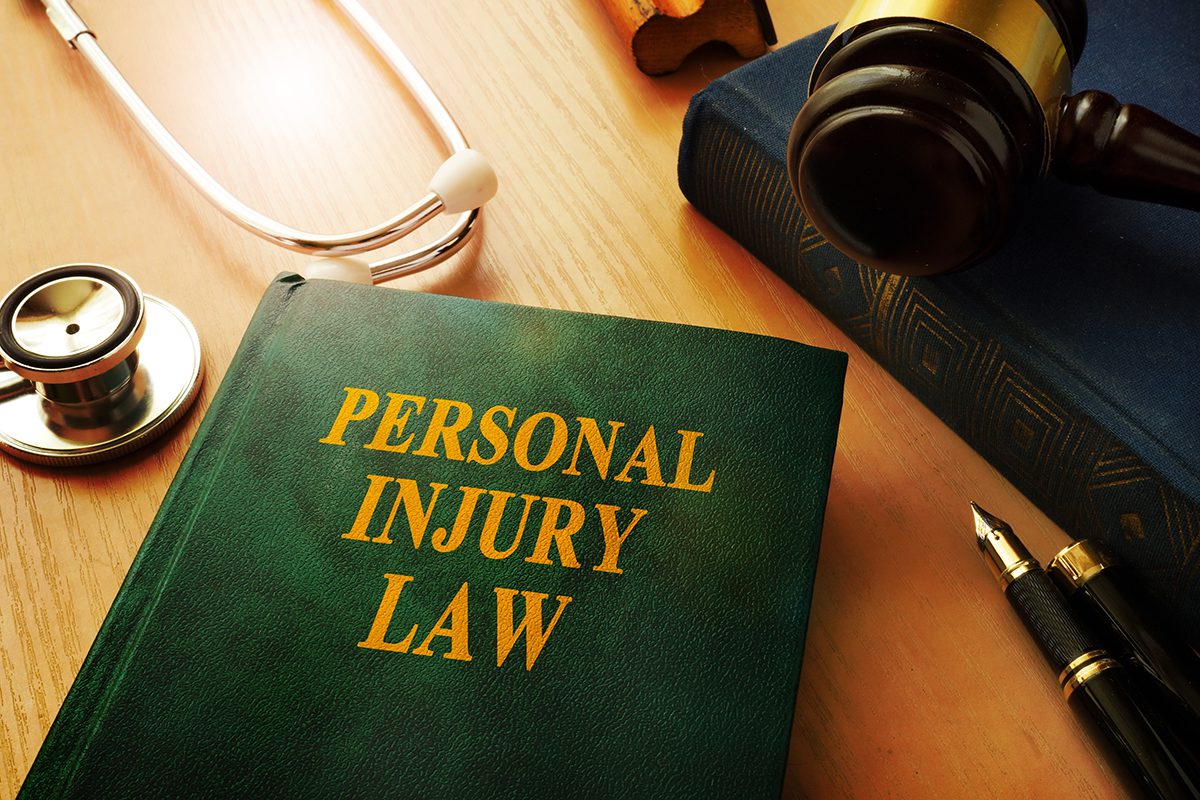Imagine that you are dealing with the aftermath of an accident that was not your fault. You are juggling appointments with the doctor, trying to heal, and attempting to navigate the maze of insurance claims—all while battling the pain and frustration of your injuries. It can feel like you are facing a legal labyrinth alone, trying to understand all of the intricacies. A critical aspect that can add to your confusion is understanding the statute of limitations.
This legislation limits when you can file a lawsuit after suffering harm due to someone else’s negligence. Misunderstanding or overlooking this deadline can lead to devastating consequences, potentially barring you from obtaining the compensation you rightfully deserve.
When you are involved in a car accident or any incident that causes bodily injury due to someone else’s negligence, it is crucial to understand your rights and responsibilities regarding insurance claims and potential legal action. If you are having trouble understanding Pennsylvania’s laws, you are not alone. Working with a personal injury attorney can ensure you follow the law and get the compensation and justice you deserve after a personal injury has disrupted your life. Keep reading to learn more about the statute of limitations in PA.
Are There Time Limits for Filing Bodily Injury Claims?
The statute of limitations in Pennsylvania is a critical law to understand for bodily injury claims. The statute of limitations is a state law that sets a time limit on the right to file a lawsuit in the state’s civil court system after suffering harm. Specifically, for bodily injury claims, Pennsylvania allows two years from the date of the injury to file a lawsuit against the parties you believe are responsible for causing it.
This timeline means that if, for example, you have suffered an injury in a car accident, you have two years from the accident date to pursue compensation through the responsible party’s insurance company or the court. This compensation may include medical expenses, lost wages, future medical bills, and pain and suffering.
Why Does the Statute of Limitations Matter?
The statute of limitations plays a significant role in personal injury law. If you fail to file your claim within the two-year window, you may lose your right to pursue compensation for your injuries.
Let us help you!
It is also important to note that in car accident cases, this two year deadline applies if you are filing a claim against another driver’s insurance company. In the case of third-party claims, where you file a claim against the at-fault driver’s insurance company, the statute of limitations can affect how long you have to negotiate with the insurance company and when you need to take your claim to court. If you are required to bring a lawsuit against your own insurance company for underinsured or uninsured motorist benefits, the statute of limitations is generally four years. This time period can run from the date of the crash, the date you settle your claim against the third-party driver, or in some circumstances, the date your insurance carrier rejects your claim for benefits. Therefore, it is extremely important that you work with a personal injury attorney so that you fully understand your rights in these circumstances.
Are There Exceptions to the Rule in PA?
As noted above, in Pennsylvania, the typical statute of limitations for filing a personal injury claim is two years from the date of the accident. However, exceptions do exist that can extend or shorten this timeline. Notably, if the person injured in an auto accident is a minor, the timeline for filing is different.
Another exception pertains to the “discovery rule,” which applies when injuries are not immediately apparent. This can happen as the result of injuries suffered in a motor vehicle accident, but is much more commonly seen in complex cases such as medical malpractice. In such cases, the statute of limitations may start from the date the injury was discovered or should have reasonably been discovered. Navigating these exceptions can be extremely complex, so speaking with a personal injury attorney sooner rather than later is best to ensure that you interpret the laws correctly. A competent attorney can guide you through the claims process, ensuring you understand how these rules apply to your case, helping you deal with insurance companies, and ensuring you get the compensation you deserve.
How Does the Statute of Limitations Apply to Minors?
In the context of personal injury law, the statute of limitations for minors does not start until they reach the age of majority (typically 18). This period is known as “tolling” the statute of limitations. It means the clock for filing a bodily injury claim against the at-fault driver or their insurance company does not start ticking until the injured person becomes an adult. But just because you can wait until a minor turns 18 to make a claim doesn’t mean that you should. Therefore, it is essential to consult with a personal injury lawyer to understand how these rules apply to your specific case.
Seeking Legal Help for Your Accident and Injury Claim
Given the complexity of personal injury law and the potential for significant financial impact, seeking legal help is often beneficial. Personal injury attorneys can provide valuable guidance on dealing with insurance companies, understanding coverage limits, and pursuing claims within the state’s statute of limitations. Understanding the statute of limitations for bodily injury claims in Pennsylvania is crucial for anyone involved in an accident. By being aware of these timelines, you can ensure your rights are protected and pursue the compensation that the law allows you to receive for your injuries. Contact us today to schedule a consultation to speak about your bodily injury claims.



